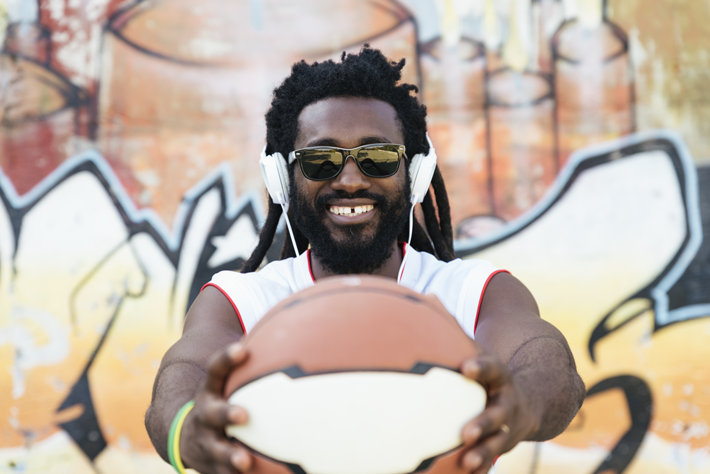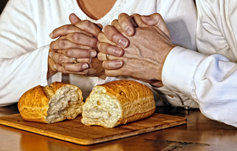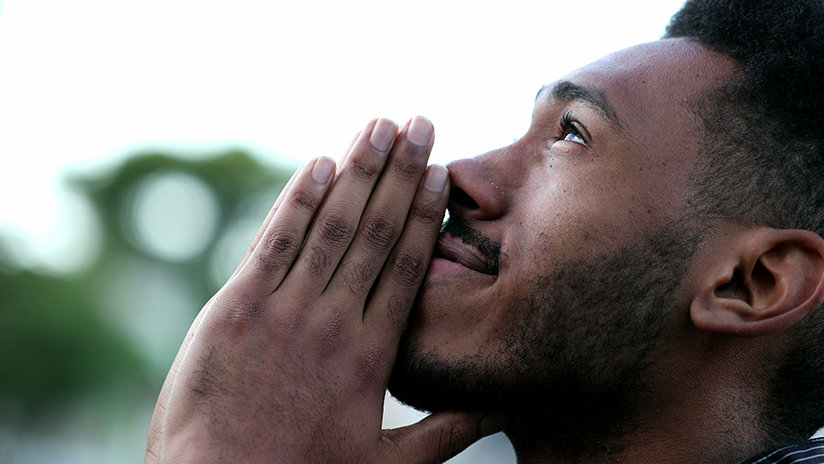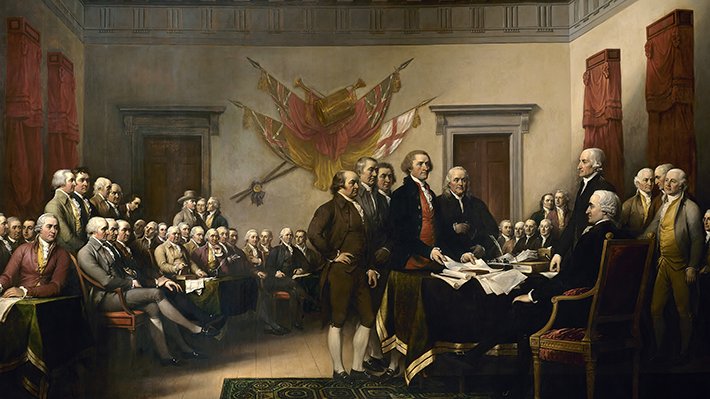
-
HOME
-
WHAT IS STANDOur Mission Our Values Our Help Contact
-
WHAT WE FIGHT FORReligious Freedom Religious Literacy Equality & Human Rights Inclusion & Respect Free Speech Responsible Journalism Corporate Accountability
-
RESOURCESExpert Studies Landmark Decisions White Papers FAQs David Miscavige Religious Freedom Resource Center Freedom of Religion & Human Rights Topic Index Priest-Penitent Privilege Islamophobia
-
HATE MONITORBiased Media Propagandists Hatemongers False Experts Hate Monitor Blog
-
NEWSROOMNews Media Watch Videos Blog
-
TAKE ACTIONCombat Hate & Discrimination Champion Freedom of Religion Demand Accountability
We Can Have Our Cake And Eat It, Too
I don’t believe in God the way many of my Christian, Jewish and Muslim friends do. And of course their beliefs, while having many fundamentals in common, are as unique as each individual.
Religion was on my mind as I recently worked with a music producer in Nashville who is a devout Christian. If you saw him on the street you might be intimidated by his dreadlocks, roguish beard and self-evident history as a formidable athlete throughout his youth. In other words, he’s a BIG, intimidating-looking dude.

But it turns out he is a brilliant, gentle and creative soul. He doesn’t drink or do drugs and he’s one of the most talented people I’ve ever met. The love he has for his wife and kids is truly inspiring. And before every writing or recording session, as well as every meal we shared, he bowed his head and said grace out loud, asking the God he believes in to bless our creativity, or the meal, or simply our time together.
I almost teared up more than once as I bowed my head along with him. Because everything he was asking God to help bring about—creative works of art that would inspire and uplift people, a healthy meal that would nourish our bodies so we could do better work, a sense of fellowship that would help us understand each other better—were things I fervently hoped for as well.

I thought of my producer friend when I read a recent article about a Florida City Council reversing a policy of a short prayer before their meetings.
There is no doubt that religion has been used to justify a status quo that throughout history has persecuted and disenfranchised the powerless. And there’s also no doubt that some people will use their beliefs, religious or otherwise, to force others to believe and behave as they do or suffer dire consequences.
Our Founding Fathers believed so much in the separation of church and state in part because of their own collective experiences of persecution at the hands of dogmatic religious and political leaders who used religion merely as a means of control. And they were wise to do so.
But I can’t help thinking, in the 21st century, where the world has never been more connected, where a two-second Internet search can give you more information than most people living in the 19th century would have ever come across in a lifetime, that there might be more room for nuance and reflection than ever before.
What if this city council opened every meeting with a prayer that acknowledged people of all faiths, as well as those who choose not to believe in God, and spoke of their desire to bring about a new reality that embodies the hopes and tenets of every major religion—peace, love and understanding?
What if people who themselves were not religious chose to support people and activities that improved their communities in tangible ways rather than arguing over semantics? Is there room to acknowledge the religion of so many well-intentioned, hard-working people while at the same time underscoring and protecting the freedom of those who don’t believe the same?
I think so. I think we live at a time when new ways of seeing the world and of living with each other peacefully and productively have never been more promising. I think it’s possible to have our cake and eat it, too.
We can acknowledge the wisdom of the separation of church and state and still allow room for people of all faiths to express that desire to be closer to the divine in their thoughts, words and actions.









